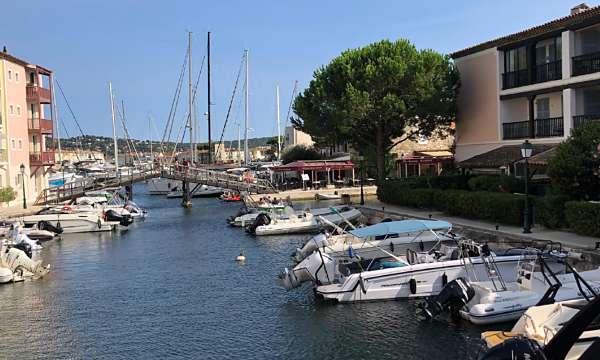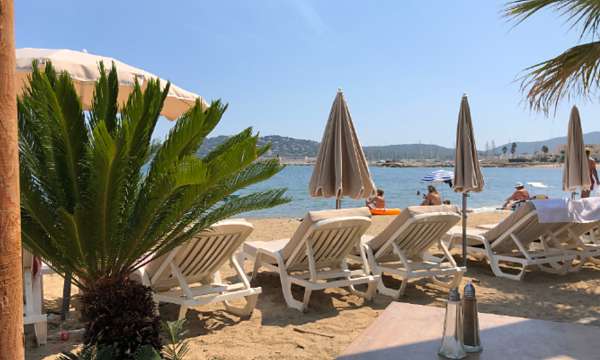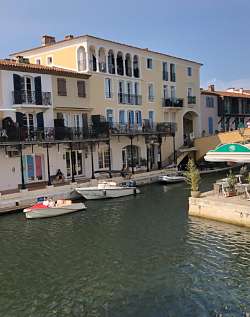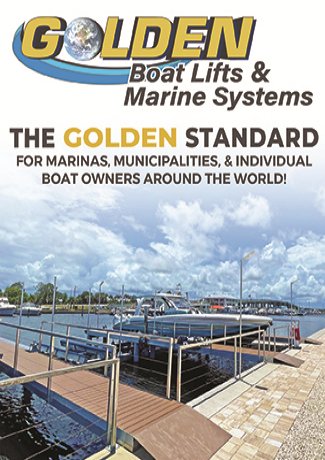Is the essence of Port Grimaud under threat?
An internationally recognised pioneer of the waterfront village concept, Port Grimaud in the French Gulf of Saint Tropez is a World Heritage Site with a unique ambience. Residents fear that interventions in the name of progress may threaten its self-sufficient infrastructure, environmental balance and unique spirit. Donatella Zucca, a property owner in Port Grimaud, explains.

Cristoforo Rocco di Torrepadula, an expert in the financing of infrastructure investment and a longstanding owner of a house in Port Grimaud, looks back. “The marshy land at the base of the Gulf of Saint Tropez, which no one wanted to go near, seemed ideal for realising Spoerry’s dream from scratch,” he explains. Transforming an inhospitable area into a place of life and beauty represented a victory of good over evil. “The authorities wanted to develop the area economically,” he continues, “so the idea of a project financed mostly by foreigners (70% at the time compared with 48% today) was listened to and accepted.”
The Municipality gave Spoerry carte blanche and he created a paradise where it was only possible to travel by water, with mooring in front of each house, a school, post office, bank, pharmacy, clinic, playgrounds and all that is still in place today. Spoerry’s model was the Venice “of the past”, a series of canals crossed by slow moving mid-sized and small boats in harmony with house size and the fragile balance of the waters.

Cristoforo Rocco di Torrepadula, speaking from his home in Port Grimaud.
Inevitably, over the years many of the original elements of Port Grimaud have disappeared, giving way to property typical of holiday resorts. Today, there are 7km (4.3mi) of canals and 14km (8.6mi) of quayside, 2,400 houses and over 2,000 moorings divided between three sectors (Port Grimaud 1-3). Land is managed by three autonomous associations spread across the 75ha (185 acre) Grimaud Municipality.
In anticipation of the end of the existing state concessions and following an audit commissioned in 2019, the Municipality voted in 2022 to terminate the concessions earlier than agreed due to problems with consistent management, and to take over the port concession itself. This action continues to be opposed by owners’ associations for Port Grimaud 1 and 2 with legal action ongoing. The Municipality’s declared intention to improve, update and renew the port via a mega project presents worrying implications to build on concerns over other changes.
In recent years, the tennis club near the entrance to Port Grimaud 2, for example, has disappeared. We, and our children, played there for years, guided by a very good and much-loved teacher. In its place is a car park for Port Grimaud 3 properties. We have owned an apartment in Port Grimaud 2 for over 50 years and we miss some nice services, such as the boat that delivered hot croissants. The restaurant opposite the shipyard had difficulty obtaining permission to reopen after modernisation and improvement works, and the newsagent/chandler/general store in Place du Sud closed. Several other establishments have been replaced by land and docks allocated to fast charter boats, and boats moored in front of houses and navigating the canals are increasingly bigger.

Everything in Port Grimaud was originally designed and planned as an artisan-influenced small scale community like the simple beach.
Another controversial issue, he adds “is the offer of a 35-year concession to home owners for the right to have a boat in front of their house. This right is registered to a person, is not transferrable and has to be renewed annually.”
By taking possession of the water plan, residents fear that the Municipality is developing projects that clash with both the DNA of Port Grimaud and its environment despite the mayor’s sincere insistence that he recognises their importance. Projects include building a mega breakwater to protect the entrance to Port Grimaud 1; moorings for 30 to 40m (98 to 131ft) yachts that will need adequate services for captains and crew (not mentioned in plans); demolition of the harbour office for an expanded building and – as can be seen already – increased space for charter boats which, by boosting the number of boats on site, complicates traffic in the canals and places stress on the seabed.

The multi-dwelling canal-side buildings and small boats capture the essence of the village.
At one of the meetings organised by the Municipality this summer, Dr Jérôme Stevens, who sailed in Port Grimaud as a teenager, while appearing in favour of modernisation, expressed his fear that Port Grimaud would become an annex of Saint Tropez, with its procession of large luxury boats in contrast with the peaceful art de vivre focusing on the sea, sailing and nature that has always reigned.
Environmental stability is paramount. Spoerry studied the play of water currents for a long time to ensure that they moved water everywhere, self-cleaning it and giving entry to fish. Sea bass and sea bream actually spawn in some of the inner reaches. The River Giscle also contributes, flowing in and out between Cogolin Marina and Port Grimaud 2 up to six times a day.
There is much ongoing discussion. We must hope to retain such an excellent environmental footprint but also to maintain harmony with the spirit of a very special and magical place.


.jpg)